

Although spin-offs and even an MMORPG then surfaced, there were hopes that a new single-player title would arrive as soon as 2027.
I think plenty of Horizon fans would be just fine if they integrated a non-live-service multiplayer mode alongside the main single player mode, but AAAs have just about forgotten how to make multiplayer modes that aren’t live service.
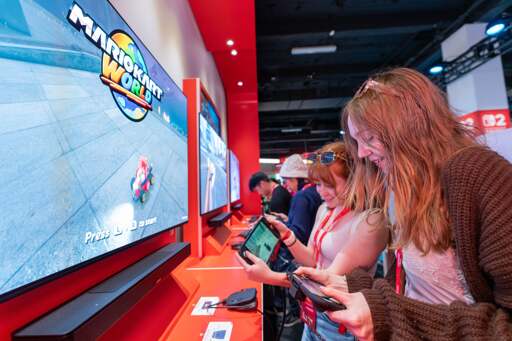
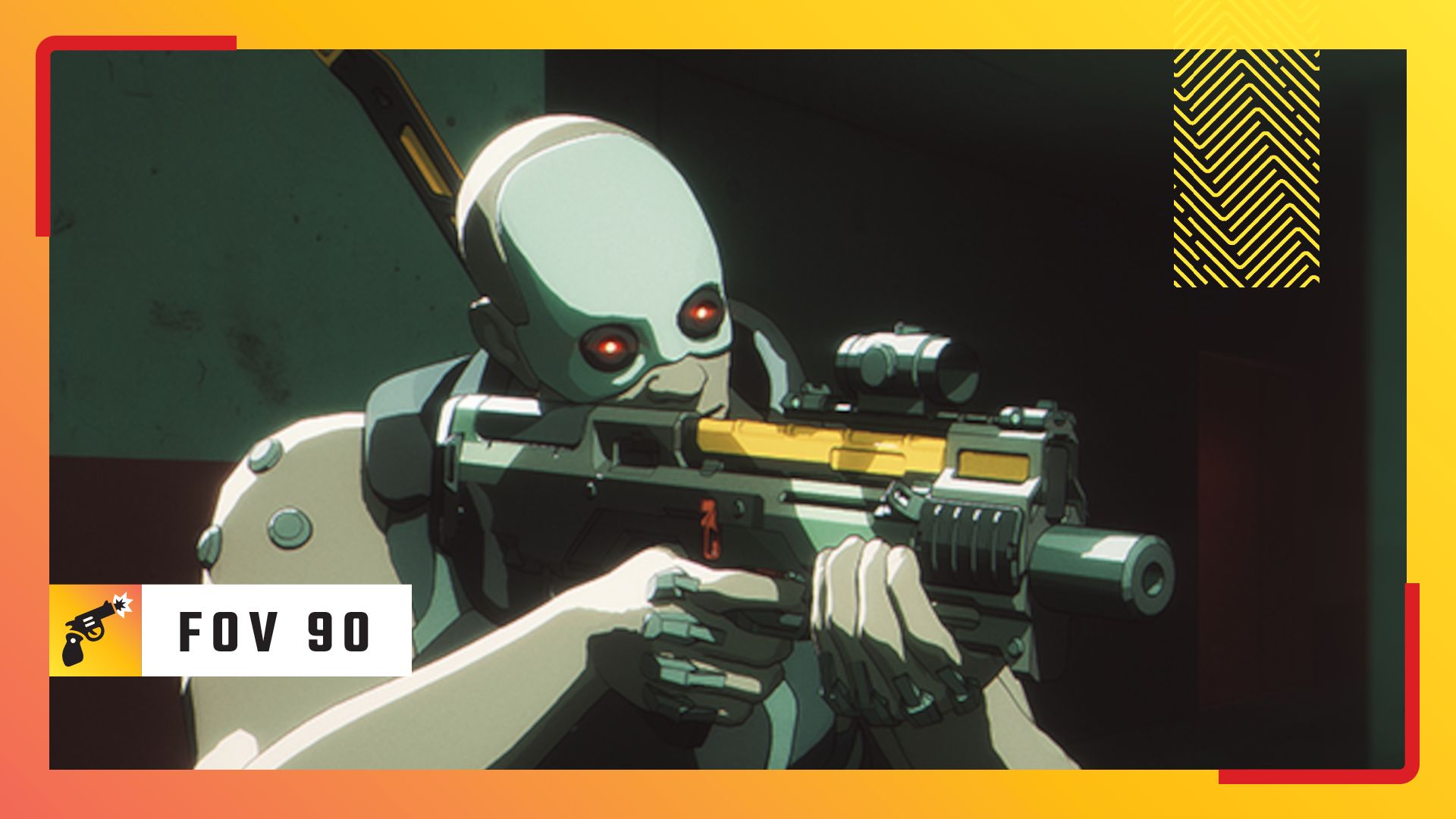
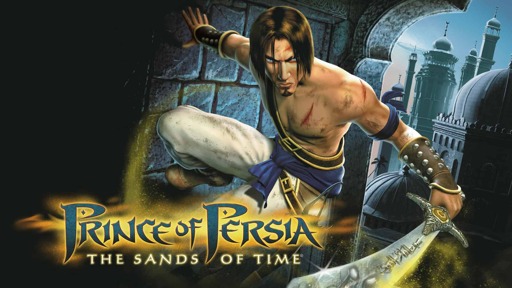

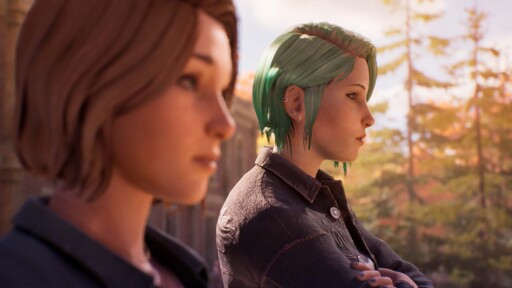
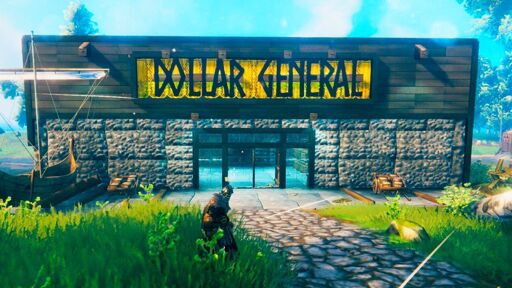





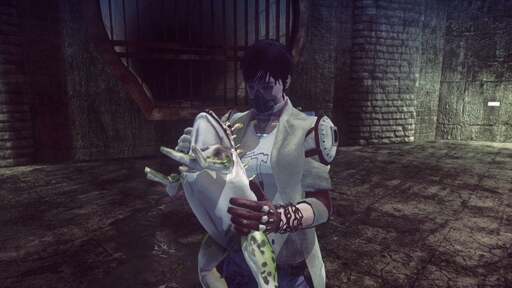
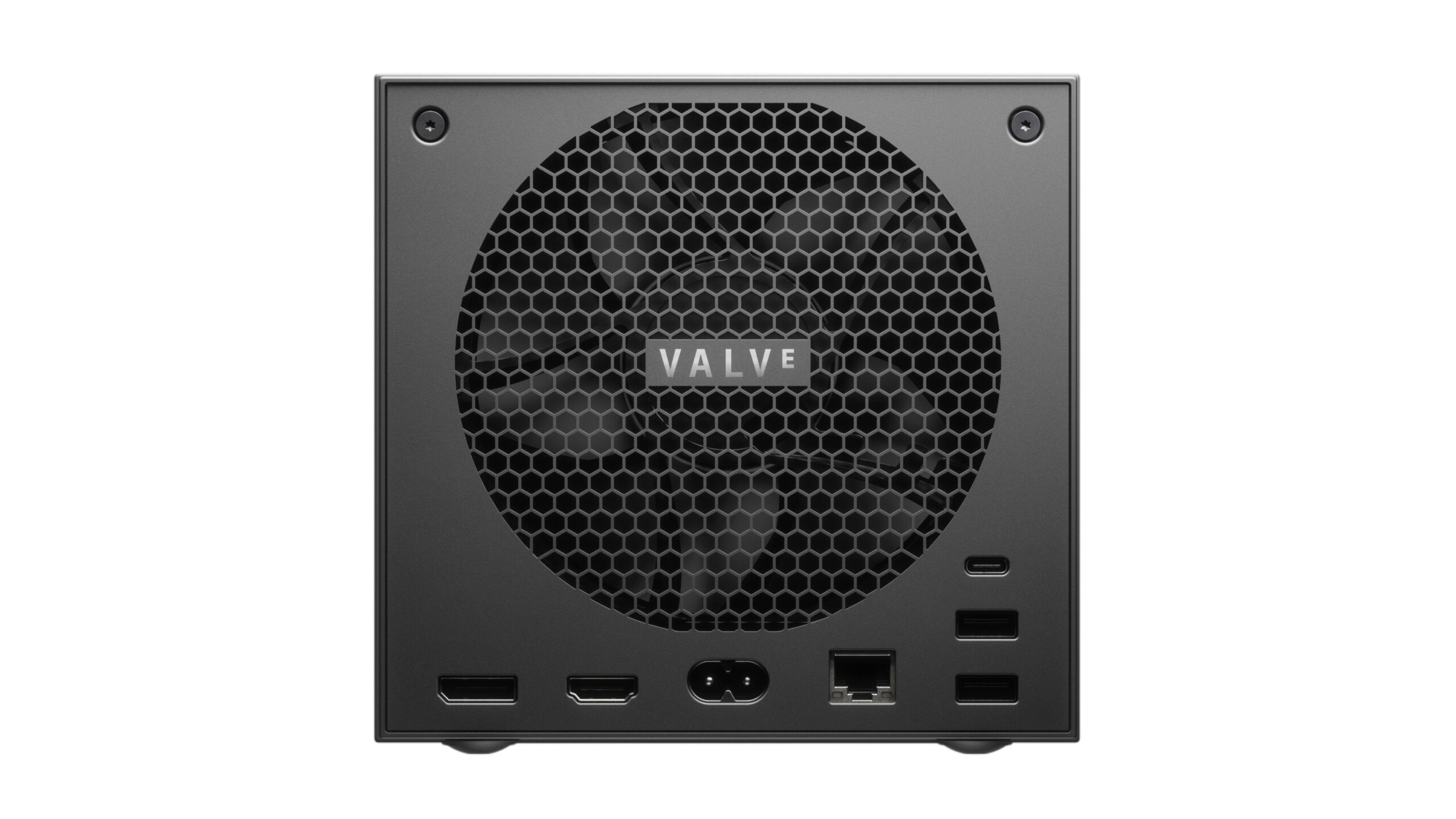



Xbox doesn’t really do exclusives, but that’s worse than doing “exclusives” that end up on PC months later?